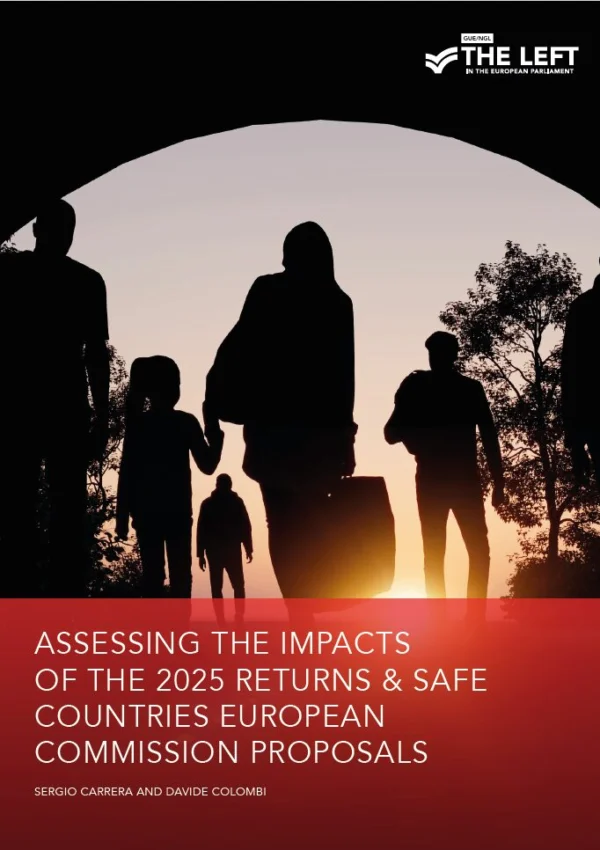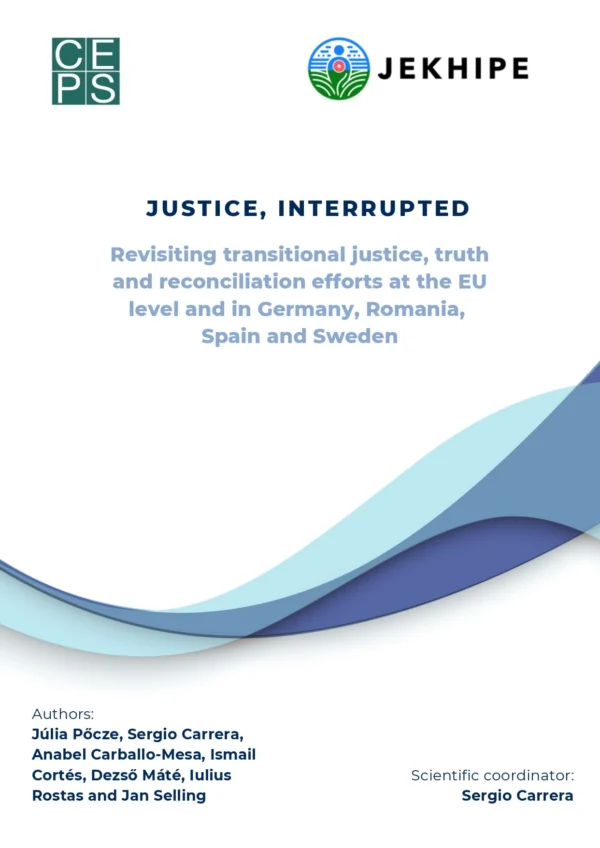The JUD-IT Handbook provides a tool for judicial authorities, law enforcement actors, and defence lawyers to better navigate the complex legal and institutional framework governing cross-border cooperation for accessing and exchanging electronic information sought in the context of criminal proceedings. Based on the JUD-IT Project findings, the Handbook identifies ways in which existing instruments of criminal justice cooperation in the field of evidence gathering can be used in practice to request and obtain data held by service providers across borders. It does so through an overview of the main legal channels and actors to be involved in the issuing, validation, and execution of cross-border data requests within the EU and in transatlantic relations. The Handbook offers guidance that is of value for those concerned with ensuring that data are accessed, collected and exchanged across borders in full compliance with the fundamental right of individuals – including both suspects and accused persons as well data subjects – and admitted as evidence in criminal proceedings.
This Handbook has been prepared in the context of the JUD-IT (Judicial Cooperation in Criminal Matters and Electronic IT Data in the EU: Ensuring Efficient Cross-Border Cooperation and Mutual Trust) Project, with financial support from the Justice Programme of the European Union (JUST-AG-2016-01).










